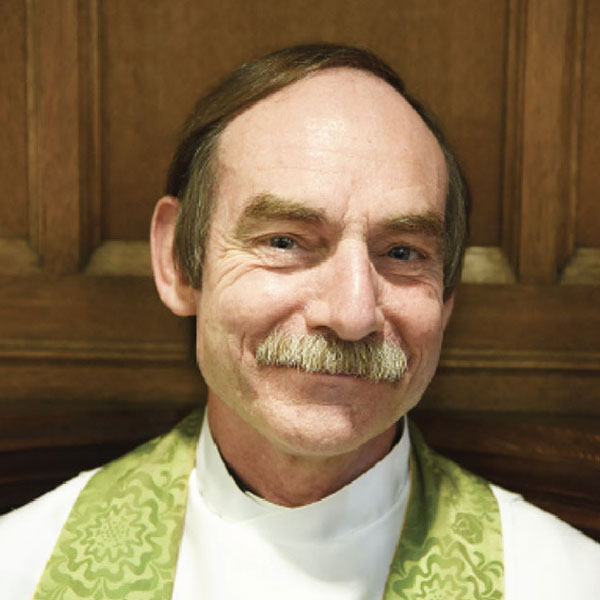(This article is inspired by the more than 600 butterflies that currently decorate our Cathedral)
In 1952 the writer Ray Bradbury, perhaps best known for his dystopian novel “Fahrenheit 451”, published a short story titled: “A Sound of Thunder”. The story takes place in the year 2055 and involves travelling back in time so that the primary character, known only as Eckels, can take part in a safari-style hunt for a Tyrannosaurus Rex. Without revealing too much of the story (you can find it in its entirety online) extreme care and caution is taken to assure that nothing is disturbed in this intrusion back into history. One is not to stray off the assigned path, for even stepping on the grass could have consequences. It is noted: “Crushing certain plants could add up infinitesimally. A little error here would multiply in sixty million years, all out of proportion.
It would be some 10 years after Bradbury’s publication, that a mathematician and meteorologist by the name of Edward Lorenz unintentionally challenged traditional scientific and philosophic deterministic thought while running a computer program at M.I.T. Using known variables of wind speed, direction, temperature, etc., one could, in theory, predict weather patterns. Lorenz discovered that by rounding up a measurement, of any variable, in even a seemingly insignificant way, (from a millionth decimal place) over time, had profound results. Determinism gave way to Chaos Theory. In 1972 Lorenz published a paper with the intriguing title; “Predictability: Does the Flap of a Butterfly’s Wings in Brazil Set Off a Tornado in Texas?” His conclusion, drawing from Bradbury’s story, recognized that even the smallest and most insignificant actions can have profound effect over time. “If the flap of a butterfly’s wings can be instrumental in generating a tornado, it can equally well be instrumental in preventing a tornado.” The Butterfly Effect.
So why am I sharing this with you, in this column? Well perhaps so that the next time the weather doesn’t live up to the predictions, we will be more sympathetic to the forecaster. Their best attempts could be thwarted by the simple movement of a butterfly’s wing on a distant continent!
But, in fact, I share it with you also as a reminder of our interconnectedness. Our actions can, and do, have profound consequences, even if we can’t see them in the moment. A virus (a “submicroscopic infectious agent”) has circled the globe altering life as we once knew it. This pandemic, in a way we have never experienced before, has placed a magnifying glass in front of our world view, to help us see that there is no “us and them”. We are in this together.
The impending Climate Crisis, #MeToo Movement, Black Lives Matter, LGBT movements; issues of homelessness, systemic racism, poverty, hunger, etc., have often been viewed as compartmentalized interest group’s concerns. The dangerous consequence is the belief that; “If it doesn’t affect me, it doesn’t concern me.” However, to quote the author of Ephesians; “That is not how you learned Christ” (Ephesians 4:20)
By the time this column is published we will have journeyed, liturgically, through the final post-Easter appearances, the Ascension, and the day of Pentecost. All reminders that the past is prologue to what is even now unfolding. And a challenge for each and every one of us to continue the legacy of being “witnesses to all these things” (Luke 24:48). The work and mission of the Church is ongoing, and the Spirit moves among us and within us still.
The future may yet be uncertain, as we continue to confront the realities and ramifications of this pandemic, but know that what we believe, what we say and do, how we live out our faith, does make a difference, as surely as the rising and falling of a butterfly’s wing.
With blessings to you all,
Paul



